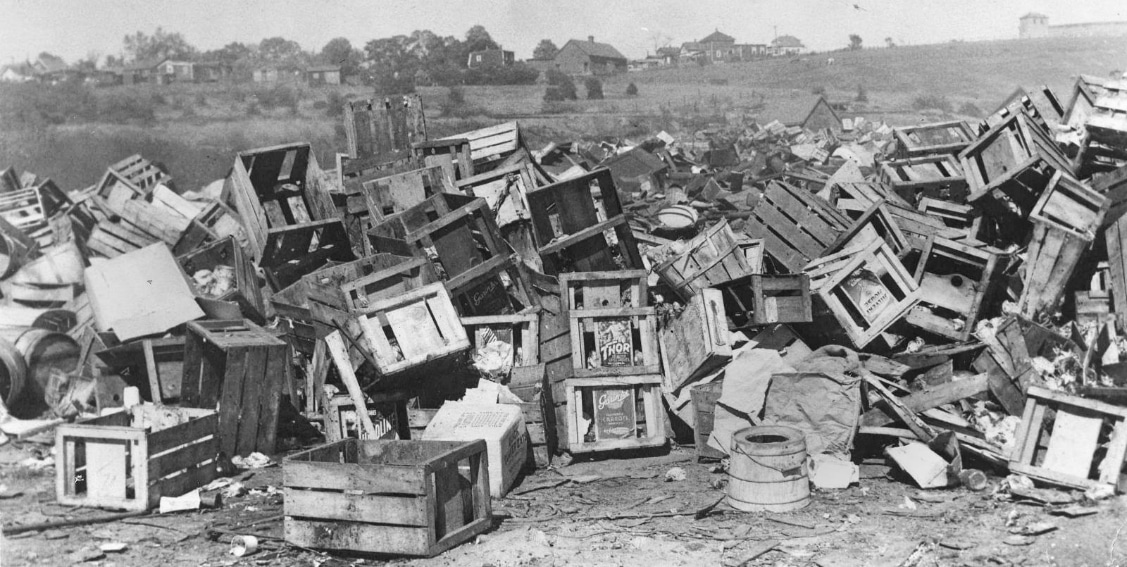Environmental racism is violence – one of several forms of structural violence impacting the souls, spirits, minds, and bodies of African Nova Scotian people. Africville and present-day cases of environmental racism in this province are rooted in a legacy of colonial violence in Nova Scotia and Canada.

It is important to situate environmental racism within broader social, economic, and political inequalities that disproportionately impact African Nova Scotian communities in this province through racist policies, as well as the absence of policies for addressing structural harms in this community.
Environmental racism doesn’t manifest or operate in isolation but, rather, in partnership with other forms of structural violence to disproportionately harm African Nova Scotian communities. While Africville represents a historical example of environmental racism, its intergenerational manifestations and impacts can be witnessed and felt today in other forms of structural violence disproportionately impacting the African Nova Scotian community.
These include alienation from an educational system that often sets African Nova Scotian learners up for failure and fails to prepare them for university education and a competitive job market; under-employment and unemployment; income insecurity and poverty; food insecurity; residence in under-resourced neighbourhoods; substandard housing; gentrification; negative and harmful media representations of the African Nova Scotian community; and criminalization.
Recent cases of gun violence in the African Nova Scotian community not only point to a need to address the underlying structural forms of violence impacting this community, but also shed light on how ongoing criminalization of African Nova Scotians leads to disproportionate rates of racial profiling and over-policing, incarceration, and the sanctioning of harsher treatment in the criminal justice system.
This must be attributed to a general failure to consider and empathize with the emotional, psychological, and physical impacts of ongoing structural violence in the African Nova Scotian community and to a general perception of Black people as lacking in worth, value, and humanity, on the one hand, and as strong, invulnerable, and impervious to pain, on the other hand.
Therefore, I urge health professionals and decision makers within Nova Scotia’s health system to consider and begin to address in more forceful ways the toll that a legacy of environmental racism and other structural forms of violence has taken on the souls, spirits, minds, and bodies of African Nova Scotian people throughout the province.
Ingrid Waldron is the director of the Environmental Noxiousness, Racial Inequities & Community Health Project (ENRICH Project) which looks at the social, economic, and health impacts of environmental racism in African Nova Scotian and Mi’kmaw communities.
If you can, please support the Nova Scotia Advocate so that it can continue to cover issues such as poverty, racism, exclusion, workers’ rights and the environment in Nova Scotia.




Thanks to Dr Ingrid Waldon for bringing this important form of racism to light. It has been buried for as long as landfills have been positioned in Black communities through out Mova Scotia
Just am listening to you talk at the XXVIII W O McCormick Academic Day
May God bless you for the amazing work!
Am just wondering if there would be any benefit in coordinating with communities across the country (which you may already be doing) that might help gain traction at federal level. Keep up the good work:)